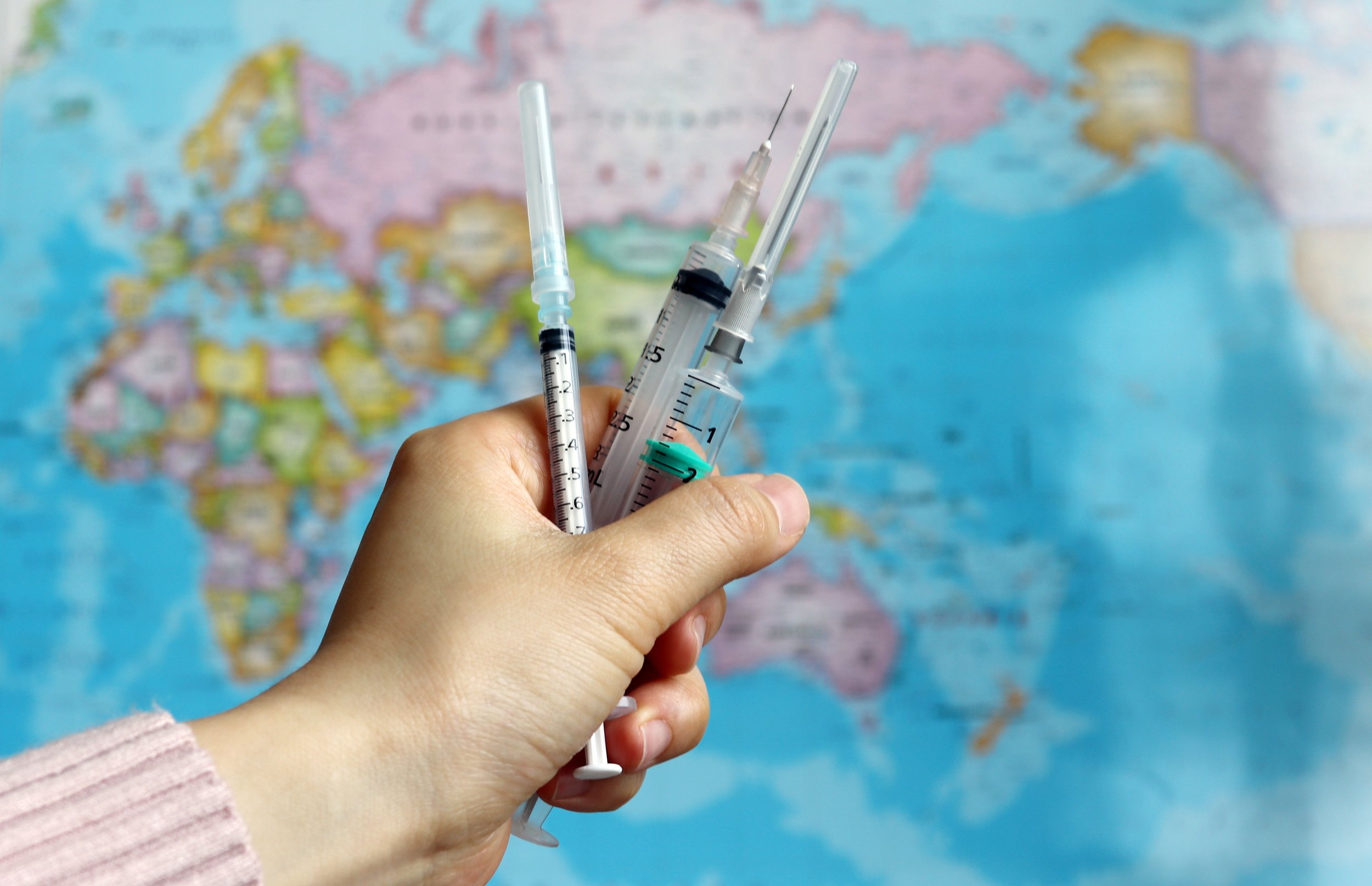
🏥 Travel Health & Vaccinations
Travel Health & Vaccinations
Get up to date with your routine UK/EU vaccination courses and boosters, such as measles-mumps-rubella and the diphtheria-tetanus-polio vaccine well in advance of travel.
Advised: Hepatitis A, Hepatitis B, Tetanus, Tuberculosis, Typhiod, Rabies
Other Risks: Altitude, Air Quality, Influenza, Insects/Ticks, Malaria, Schistosomiasis, Covid-19
-
Is the water in Morocco safe to drink?
The tap water in Morocco is not safe for drinking. We advise taking always a water bottle (the organisation will provide you with a bottle each day). It’s also advisable to avoid raw vegetables, fruits with edible skins, salads and drinks with ice. If you eat something in any bar, restaurant or similar apart from the hotels provided, please opt for cooked foods and fruits that need to be peeled instead. Drink only bottled water when in
Morocco
and avoid ice cubes made from tap water. Be sure to brush your teeth with bottled water, too.
-
Doctors
You can find doctors in the major cities in both the public and private sector. Please consider acquiring traveler’s insurance for your trip if your regular health insurance does not cover you overseas.
-
Medication
If you have a UK prescription and need medication in Morocco, contact the nearest pharmacy. If they do not have your medication, they will ask you to get another prescription from a Moroccan doctor for an alternative medication. Pharmacies are open 24 hours in every city and district.
The legal status and regulation of some medicines prescribed or bought in the UK can be different in other countries.
Read best practice when travelling with medicines on TravelHealthPro.
-
Healthcare
Public health facilities in Morocco struggle to provide adequate medical care. Private clinics are available. Make sure you have adequate travel health insurance and accessible funds to cover the cost of any medical treatment abroad and repatriation.
FCDO has a list of medical providers in Morocco where some staff will speak English.
-
Altitude Sickness
There is a risk of altitude illness when travelling to destinations of 2,500 metres (8,200 feet) or higher. Important risk factors are the altitude gained, rate of ascent and sleeping altitude. Rapid ascent without a period of acclimatisation puts a traveller at higher risk.
There are three syndromes; acute mountain sickness (AMS), high-altitude cerebral oedema (HACE) and high-altitude pulmonary oedema (HAPE). HACE and HAPE require immediate descent and medical treatment.
Altitude illness in Morocco
There is a point of elevation in this country higher than 2,500 metres. An example place of interest: Mt Toubkal 4,167m.
-
Heat / Cold
Heat-related illness, such as heat stroke, can be deadly. Eat and drink regularly, wear loose and lightweight clothing, and limit physical activity during high temperatures.
If you are outside for many hours in heat, eat salty snacks and drink water to stay hydrated and replace salt lost through sweating.
Protect yourself from UV radiation: use sunscreen with an SPF of at least 15, wear protective clothing, and seek shade during the hottest time of day (10 a.m.–4 p.m.).
Be especially careful during summer months and at high elevation. Because sunlight reflects off snow, sand, and water, sun exposure may be increased during activities like skiing, swimming, and sailing.
Very cold temperatures can be dangerous. Dress in layers and cover heads, hands, and feet properly if you are visiting a cold location.

